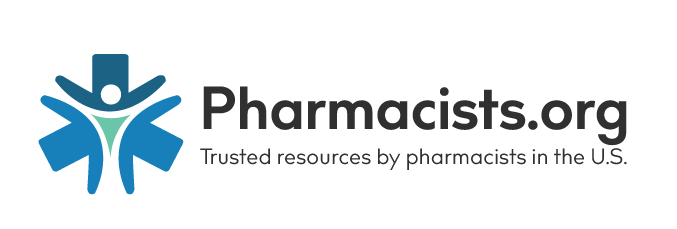Welcome To Pharmacists.org
Trusted Pharmacy Resources for Pharmacists in the U.S.
A resource for all things pharmacy.

Your Go-To Pharmacy Resource
We created this community to help pharmacists:
better understand the legal, third-party compliance, and operational issues facing their practice
by providing them the tools they need to improve efficiency and quality, and
by helping them return to patient care while remaining profitable.
find a trusted provider in helping you grow your pharmacy.
access clinical tools needed for daily operations.
While there are plenty of sites out there focusing on various aspects of the clinical side of pharmacy (including ours), there weren’t really any sites out there to help pharmacists run and market a pharmacy.
That is our goal and mission.
It’s no secret compliance and law is a boring but necessary part of practice. We aim to write about the subject in a more interesting and conversational way than other sites or resources out there, while bringing in our own and others’ first-hand experiences.
Quick Pharmacy Tips
Do You Want More Customers at Your Pharmacy?
At Pharmacists.org, we pride ourselves on being your trusted marketing partner, dedicated to elevating the presence of independent and community pharmacies like yours.
We understand the unique challenges you face in the competitive healthcare market, and we’re here to ensure your pharmacy isn’t just another option, but the preferred choice in your community.
Our team of marketing experts specializes in optimizing your local search footprint, ensuring that when customers are searching for pharmacy services, your business stands out.Our expertise in Search Engine Optimization (SEO) is at the core of our strategy. We harness the power of SEO to enhance your visibility online, drawing more potential customers to your pharmacy.
By partnering with us, you’ll gain access to cutting-edge marketing techniques tailored specifically for the pharmaceutical industry. Interested in learning more?
Why Choose Us? Great Question!
SEO Expertise Built by Pharmacists
At Pharmacists.org, we specialize in local SEO with over 5 years of experience, focusing on marketing strategies that deliver results for small businesses. Our team, crafted by pharmacists for pharmacists, understands the nuances of your industry and implements SEO tactics that truly work.
Tailored Return on Investment
We recognize that SEO is a long-term strategy, particularly in the pharmacy sector. Aware of the financial nuances of running a pharmacy, we’re dedicated to driving substantial outcomes that provide real benefits to your business.
Guaranteed Performance
Our confidence in our local SEO strategies is solid, which is why we offer a performance guarantee. We stand by our methods because we know they work and are committed to achieving the best results for you.
Transparent Reporting
Transparency is key in our client relationships. We provide clear, understandable reports that allow you to track the progress of your campaigns easily. Regular updates are a cornerstone of our service, ensuring you’re always informed.
Dedicated Support
Every client at Pharmacists.org benefits from dedicated support. Have questions or need assistance with your campaign? A dedicated Account Manager will be assigned specifically to your account, ready to help with any inquiries and oversee your marketing strategy.
Quick Pharmacy Forms
Our Leadership, Voices, and Advocacy Board
Alex Evans, MBA, PharmD
Join Our Newsletter
Drop us your email and receive prescription news, cost savings tips, and much more.

